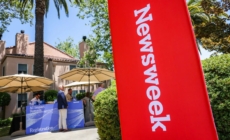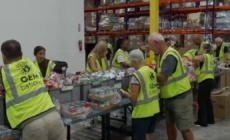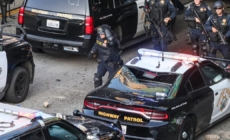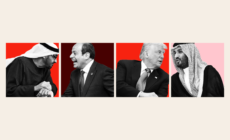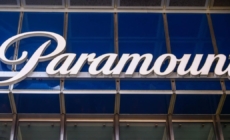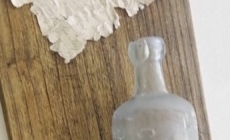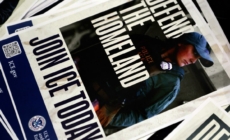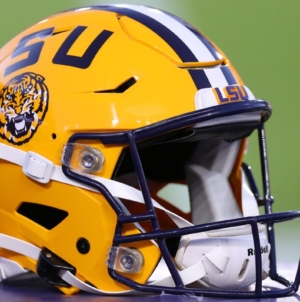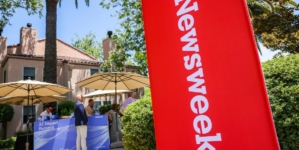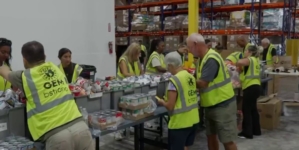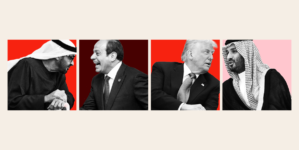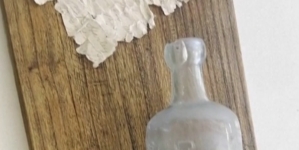-
Masked men impersonating FBI agents rob Jurupa Valley home - 39 mins ago
-
AI Impact: AI May Be the Cure for Doctor Burnout, After All - 41 mins ago
-
Which Young QB Tom Brady Views as a ‘Dark Horse in the MVP Race’ - 42 mins ago
-
Relief organizations pack up supplies for Jamaica in wake of Hurricane Melissa - 43 mins ago
-
Feds charge 12 in alleged arson, attacks during immigration protests - about 1 hour ago
-
Trump’s Path to Peace in Sudan Lies With His Arab Influence—And Pressure - about 1 hour ago
-
Eagles, Jets Reportedly Swap CB Michael Carter II, WR John Metchie in Trade - about 1 hour ago
-
Paramount to lay off 2,000 workers shortly after merging with Skydance - about 1 hour ago
-
Christopher Schwarzenegger flaunts 30-pound weight loss results - about 1 hour ago
-
WWI soldiers’ messages in a bottle found on Australian beach - 2 hours ago
The South Korean mayor who protested Trump’s steel tariffs outside the White House
POHANG, South Korea — As President Donald Trump makes his whirlwind trip through Asia, the warning from the mayor of South Korea’s steelmaking hub is dire.
“If tariffs keep continuing like this,” Lee Kang-deok told NBC News in an interview Tuesday, “the industry in our city will collapse. And it’s going to have a domino effect.”
South Korea, the world’s 10th-biggest economy, has been trying to finalize a U.S. trade agreement to lower the tariff on its goods to 15%, down from 25%.
Trump said Wednesday that a trade deal had been “pretty much finalized” with South Korea, while South Korean presidential aide Kim Yong-beom said the two governments had “reached an agreement on the detailed terms of the tariff negotiations,” which include a South Korean pledge to invest $350 billion in the U.S.
But Trump’s separate 50% levy on all steel products has devastated Pohang, a port city of about half a million people on the southeastern coast of South Korea.
Much like Pittsburgh, it’s synonymous with the steel industry in the country. Steel plants dot the shoreline. Its beaches are in their shadows.
The Pohang Iron and Steel Co. — which eventually became POSCO — is one of the largest steel companies in the world, producing more than 37 million tons of crude steel in 2024.
“South Korea and the United States have been good friends for a long time,” Lee said. “But this makes us feel that this friendship is transactional.”
Lee — who’s been mayor for 11 years — said he would like Trump to come visit Pohang, which is just a 30-minute drive from Gyeongju, where the Asia-Pacific Economic Cooperation summit will be held and where Trump addressed a CEOs luncheon Wednesday.
Earlier this year, Lee flew halfway across the world to Washington to protest Trump’s tariffs outside the White House with other Pohang representatives. They held English-language signs that said, among other things, “Please stop imposing steel tariffs on your ally Republic of Korea,” referring to South Korea’s formal name.
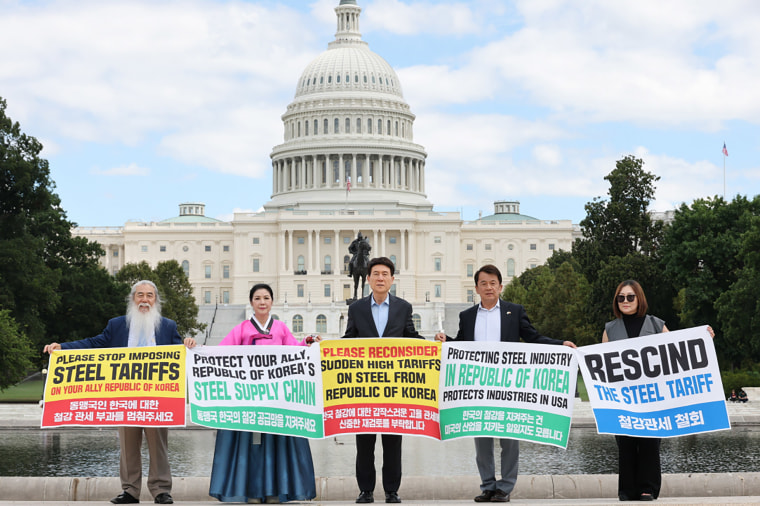
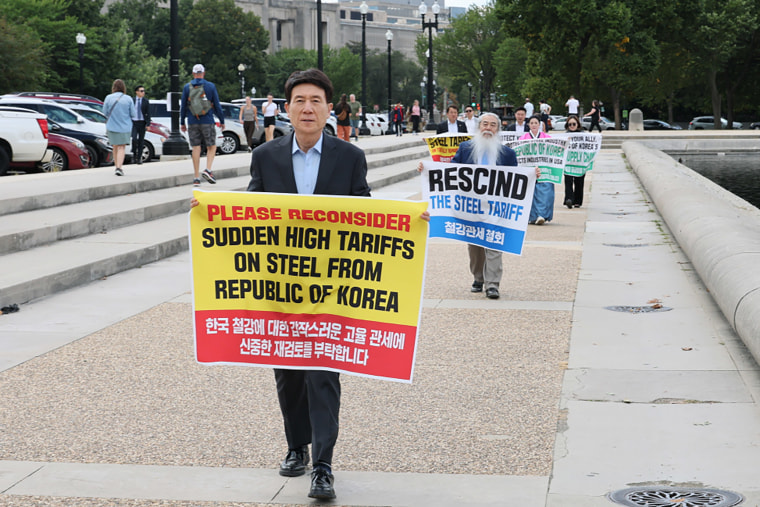
Lee said in a Facebook post after his protest that Pohang was “struggling to the point of dying” and that if the steel industry collapsed, so would construction, automobiles, shipbuilding and energy.
He said he felt he was advocating not just for his city, but for the global steel industry and the many indirect jobs it supports.
“We didn’t do as much as we’d hoped in Washington, D.C.,” he said. “But I think we sent a strong message to the entire world.”
As the tariffs loom large, the South Korean government is bracing for the long-term impacts and has declared Pohang an “Industrial Crisis Response Area,” which qualifies the city for more subsidies.
“The whole economic system will be ruined,” Lee said in the interview, adding that while he thinks the U.S. is doing this mainly because of competition with China, the tariffs are hurting longtime allies such as South Korea and Japan.
“This could backfire.”
Source link

